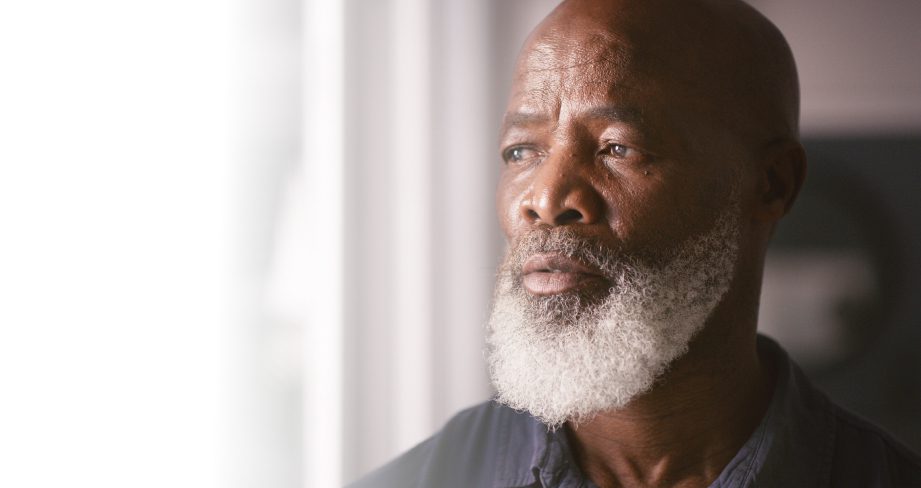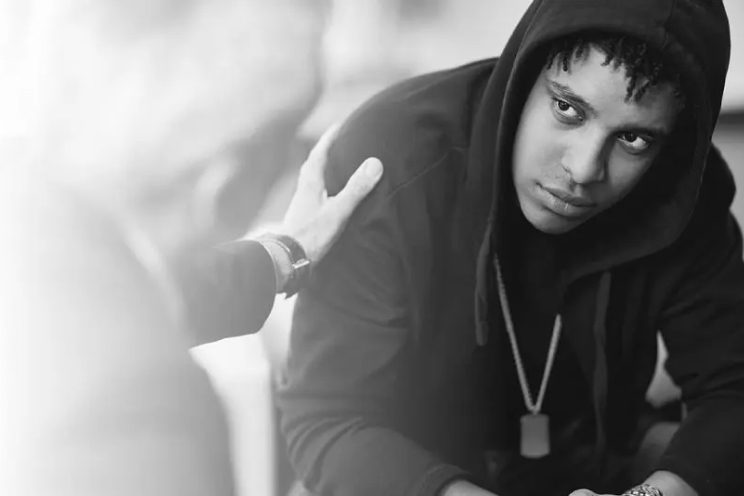Depression
Depression is more than just the blues. It can be debilitating if its not treated.
It is estimated that about 7.1% of adults (17.3 million) in the U.S. experience major depression in a given year. Depression has also increased among adolescents; according to the Pew Research Center, 15.1% of teens had a major depressive episode in 2018-2019. Fortunately, treatment of depression is effective for most people, allowing those affected to live a brighter and happier life.

What is Depression?
There are three types of depression, including major depression, persistent depressive disorder (PDD), and bipolar disorder.
Major Depression
Major depression is classified as a prolonged period of sadness that lasts a minimum of 2 weeks or longer, in which a person can have intense sadness, and/or feel hopeless, helpless, and worthless. Generally speaking, a two-week period or longer of severe sadness is an indication that someone may be depressed, and should be looked into for further study and examination.
Persistent Depressive Disorder
Persistent Depressive Disorder (PDD) is a form of depression that last for at least 2 years. PDD is less severe than major depression, but the symptoms are very similar, if not the same as major depression, in that they can significantly impact an individual’s daily life.
Bipolar Disorder
Bipolar disorder is a form of depression and it is classified as experiencing severe mood swings. A person with bipolar disorder usually swings from being extremely happy, and then eventually experiences severe sadness, anger or depression the next. The changes can come quickly or can be spaced out days at a time.
What Are The Symptoms of Depression?
- Extended periods of sadness (over 2 weeks)
- Inability to find happiness in things that once brought one joy, including sex
- Loss of appetite or overeating
- Thoughts or attempts of suicide
- Restlessness or irritability
- Pessimistic thoughts or feelings of hopelessness
- Insomnia or excessive sleeping
- Decreased energy or fatigue
Who Does Depression Affect?
Depression can affect people of all ages, genders, and ethnicities. Women are more likely to develop depression than men, as are people who have suffered abuse, loss, or other high-stress events or situations.
While there are many similarities in how people experience depression, women experience depression in some significantly different ways than men. Women can develop depression specifically in response to pregnancy and infertility, premenstrual problems, birth (postpartum depression), and menopause. Men are usually less willing than women to admit being depressed or to seek help for it. I Men may also manifest depression differently than women. For example, instead of feeling sad for an extended period of time, men may experience greater anger or irritability. Instead of using friends and food for support, men may turn to TV, alcohol, and sports to self-medicate.
A PHP can function as a “step down” from hospitalization or a “step up” when outpatient treatment is not effectively meeting the patient’s needs. It is also a good transition from inpatient to outpatient care.
The level of care provided in a PHP is necessary to maintain the patient’s progress and prevent relapse or readmission to the hospital.
Seniors experience many life changes that can contribute to a major depressive episode, such as medical problems, retirement, loss of loved ones and friends, and isolation. Some of the common signs and symptoms of depression in seniors include social withdrawal, sadness, fatigue, weight loss or loss of appetite, loss of self-worth, sleep problems, and suicidal thoughts or attempts.
Children experience may changes as they progress through their teenage years. In addition to puberty, teens may experience social pressures, anxiety around identity, and anxiety about the future. Teens may show their depression through withdrawal and sadness, or through anger, aggressiveness, and hostility. Teens who are depressed sometimes deal with it by starting to use alcohol and drugs, running away, or participating in reckless behavior.

What Causes Depression?
Depression is generally caused by a combination of environmental, biological, genetic, and psychological factors. Depressive episodes might also be triggered by events, such as a loss of a loved one, relationship problems, divorce, loss of a job, financial trouble, personal trauma, social pressures, and other stresses that can affect a person’s overall well-being.
How Do You Treat Depression?
When someone is diagnosed with depression, they may be treated with medication, therapy, or a combination of both. At Peak Behavioral Health Services in El Paso, Texas, patients go through a no-cost evaluation. If a form of depression is diagnosed, we then work with the patient and involved parties to come up with a personalized treatment plan for recovery.


